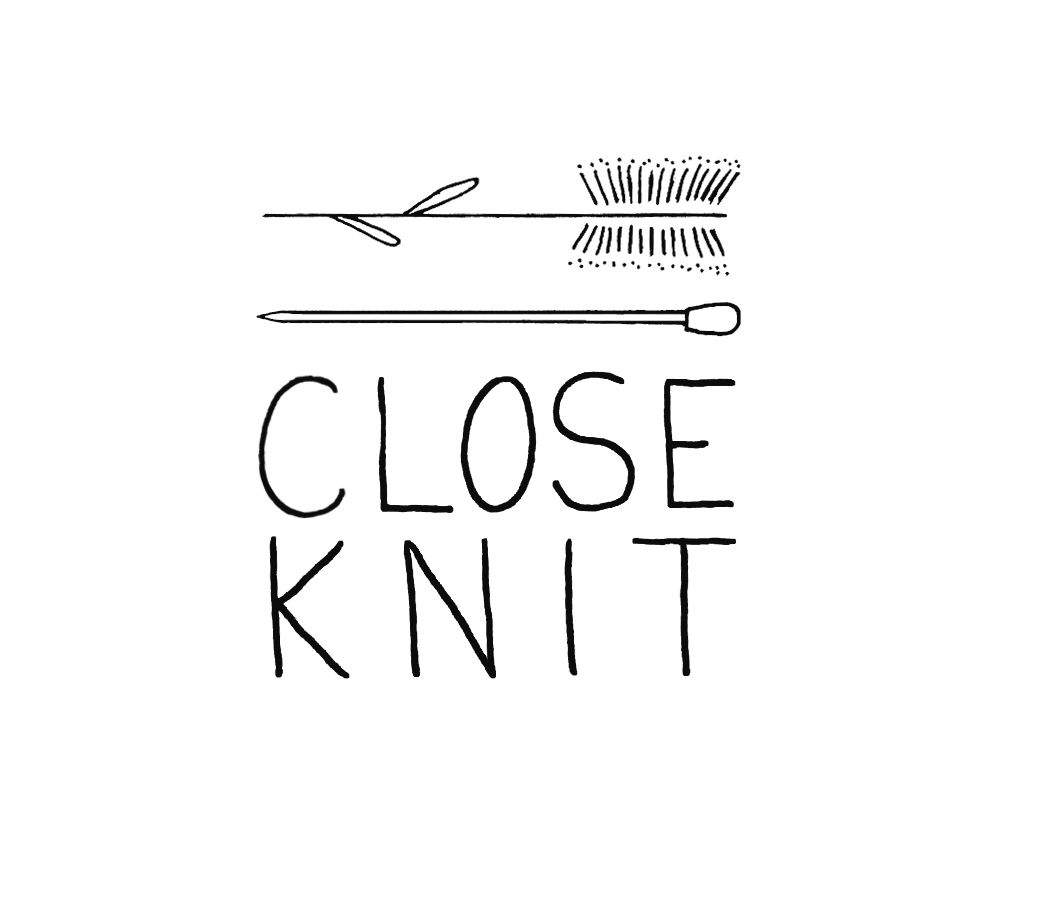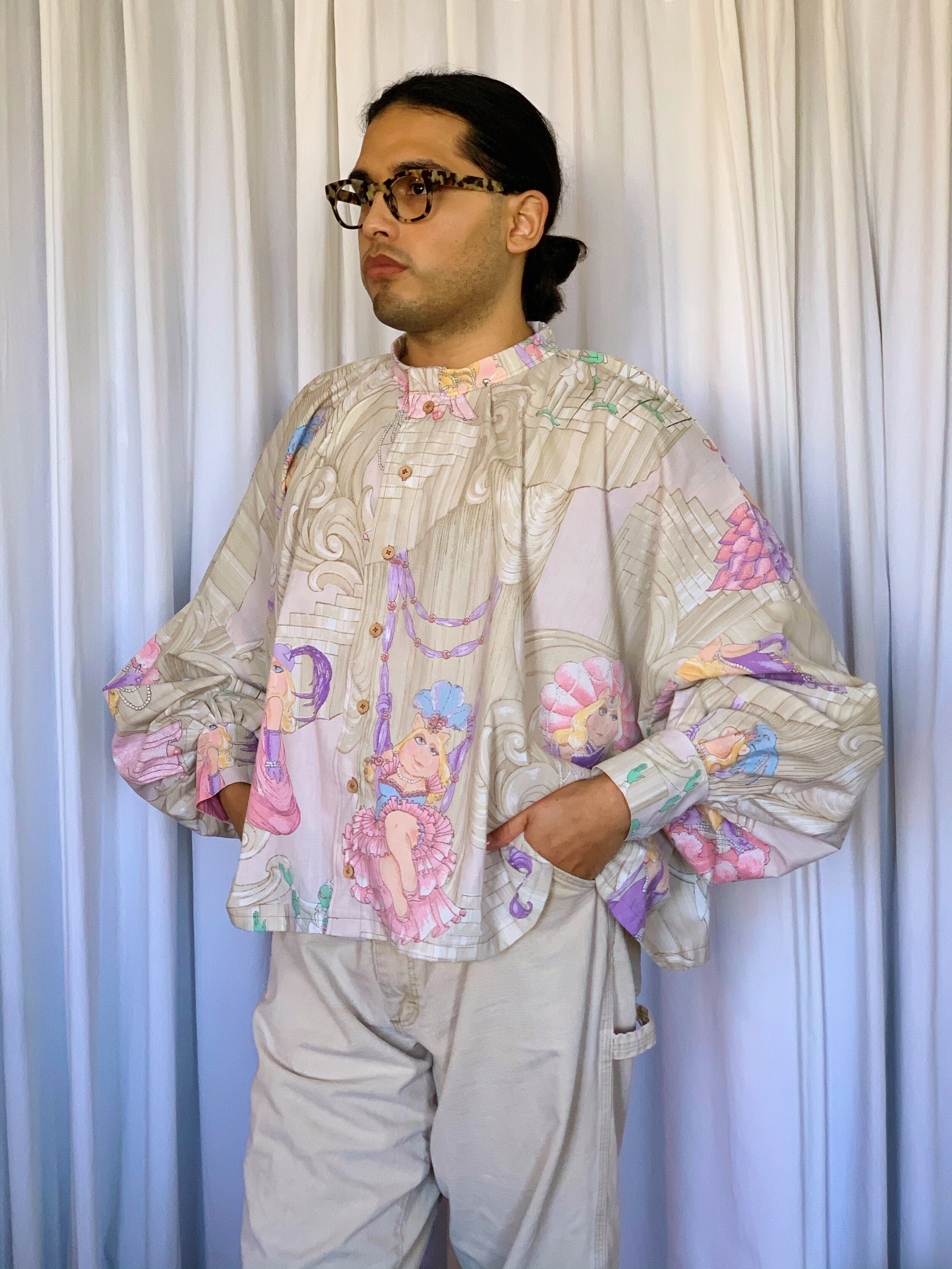EPISODE 65 :: Damien Ajavon
The Close Knit podcast aims to hold space for conversation about the ways we use fiber to process life and world events
In episode 65 of the Close Knit podcast, I speak to Damien Ajavon. Based in Oslo, Damien Ajavon is a queer textile artist, born in France, of Senegalese and Togolese origin. Their work explores the different methods in which textiles fibres can be manipulated by hand: knotted, braided, tangled, and woven. The interaction between visual and tactile experiences has always played an important role in their process; they use their African and western influences as a vehicle for their textile storytelling and as visual markers of their creative approaches. It is through textile languages rather than oral ones that Ajavon has been unearthing and weaving connections with their ancestry.
They have accumulated substantial experience internationally that honed their expertise and technique. They learnt to weave hemp, dye cashmere in Italy and work with feathers (Bevagna, Sant’Anatolia DI Narco, Florence), felting hats and making accessories in Quebec, pattern making and knitwear in New York City.
Ajavon grounds their practice by positioning themselves in the world through their heritage. In doing so, they put into practice their mother’s teachings of African cultures and conjures artistic gestures in honor of intergenerational learning.
This conversation felt just so special to me - at a time when I have felt particularly unmoored (after getting off of instagram), it was so heartening to connect with Damien over our mutual love of fiber. Their work is so beautiful - anchored in physical movement and a wonderful sense of curiosity about how fibers can be manipulated and transformed. I loved hearing their perspective on textile construction, design, and working with human-aided machinery.
We discuss the ways the “craft” is often separated from “fine arts”, and how imperative we feel it is that that viewpoint is shifted. Damien blows my absolute mind when they tell me about their friend’s work with nuno felting, and we share our perspectives of reverence for every craftsperson out there.
We wrap up by discussing Damien’s next steps - a residency in Berlin and a master’s program in Oslo, and we realize our mutual love of socks. We delight in discussing the opportunity Damien has to explore their textile language through their studies - to move beyond 2D technical construction into a realm of expressing their perspective and history through their work. Finally, we talk about the protection inherent in fiber work - both from the elements, and just the harshness of the world - we revel in the protection that textiles bring to those who make and wear them.
Find Damien: Website | Instagram
Want more?
Until next time!
xx
ani


























